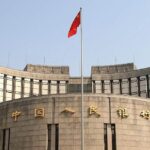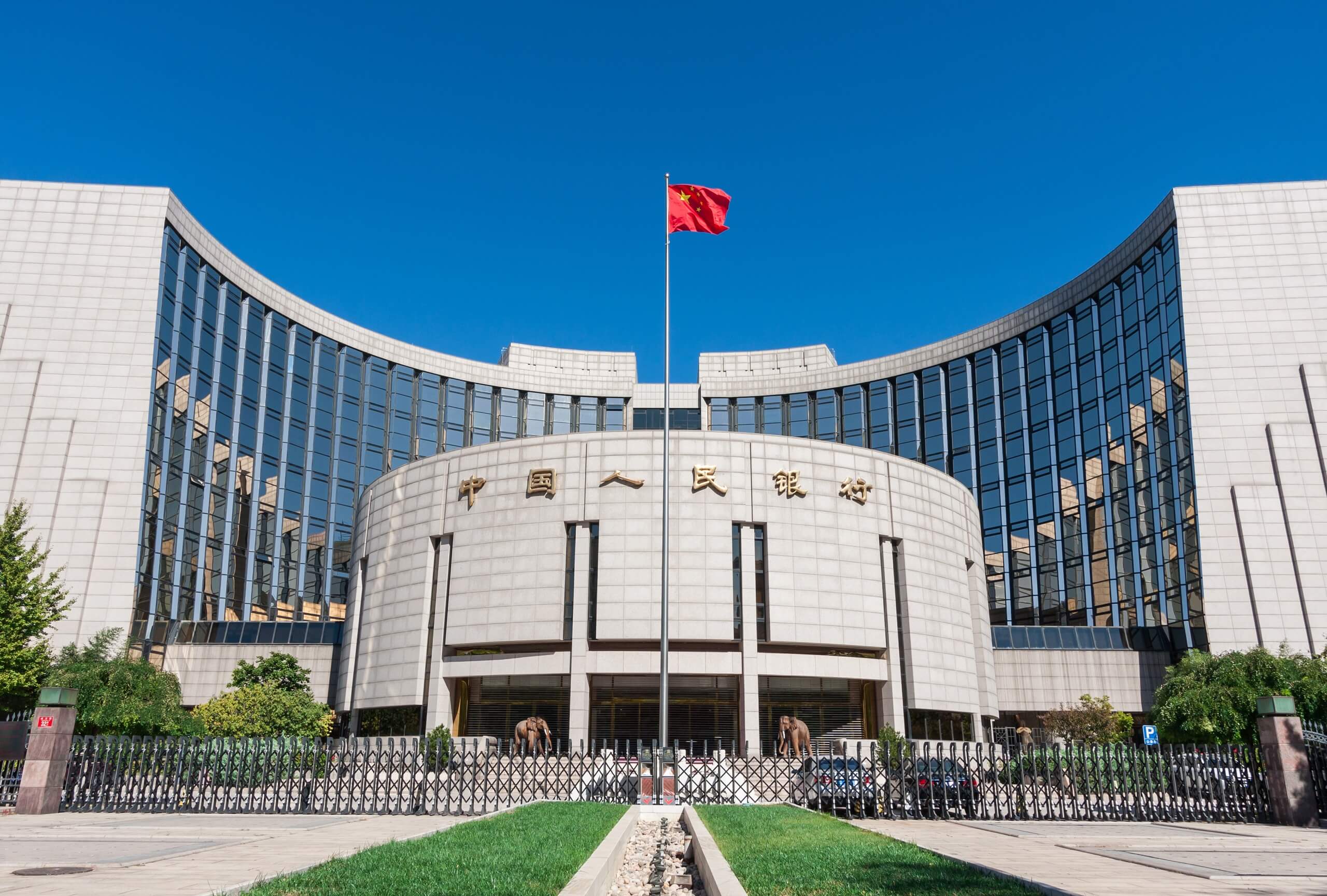The business landscape in China is constantly evolving, offering substantial opportunities for foreign enterprises. With its expansive consumer base, growing middle class, and thriving industries, China remains a prime destination for international businesses seeking growth. However, to thrive in this complex and highly regulated market, foreign enterprises must develop a deep understanding of the essential government authorities, their functions, and the policies that shape the business environment.
These government bodies hold significant sway, overseeing various aspects from trade regulations to industry-specific standards. Their policies can have a notable impact, affecting market access, competition, and compliance requirements. A comprehensive understanding of these entities and their mandates is essential for effectively and compliantly navigating the Chinese market. This knowledge not only enables foreign enterprises to seize opportunities but also helps them tackle the challenges and regulatory intricacies that define the business landscape in China.
This article offers a comprehensive exploration of the crucial regulatory bodies and authorities in China, which foreign enterprises need to navigate upon entering the market. It covers topics such as compliance, legal aspects, regulatory challenges, and the resources and support available to provide a clear understanding of the business landscape in China.
Key Regulatory Bodies and Authorities
State Administration for Market Regulation (SAMR)
General Overview
The State Administration for Market Regulation (SAMR) is a key regulatory body in China, established in March 2018 as part of a significant government restructuring initiative. SAMR holds a central and pivotal position within China’s regulatory framework. Its primary mission is to enhance the efficiency and effectiveness of market oversight by consolidating various market-related responsibilities into a single authoritative body. This consolidation is designed to eliminate redundant bureaucratic processes, improve regulatory coordination, and create a more streamlined approach to market regulation across different government departments.
Responsibilities
The State Administration for Market Regulation (SAMR) holds a wide range of vital responsibilities. These include registering businesses, enforcing market regulations, and overseeing direct selling. Additionally, SAMR is pivotal in preventing monopolistic practices, protecting intellectual property rights, ensuring the safety of industrial products and food, regulating special equipment safety, setting industry standards, conducting testing, and providing certification and accreditation services. The SAMR is essential for maintaining market integrity and facilitating business operations in China.
Impact on Foreign Invested Enterprises
In the initial stages of their journey in China, foreign invested enterprises will engage with the SAMR, the first authority responsible for registering companies and issuing business licenses. The SAMR approves company names, business scopes and all company documents. In case of adjustments to the company structure, these must also be submitted with and approved by the SAMR.
The integration of a wide range of responsibilities into one authority in the form of the SAMR is a fundamental step toward creating a more streamlined, cost-effective, and efficient regulatory environment, ultimately reducing the compliance burden on foreign businesses.
Furthermore, the centralization of regulatory authority fosters better coordination and resource management, enhancing the operational ease for foreign businesses. This coordination promises a more predictable and consistent regulatory landscape, vital for businesses seeking stability and a level playing field in the Chinese market.
Ministry of Commerce, People’s Republic of China (MOFCOM)
General overview
China’s Ministry of Commerce (MOFCOM) is a key governmental department in China, founded in March 2003 during an institutional restructuring directed by the State Council, China’s highest administrative body. The establishment of MOFCOM was a strategic response to fulfill China’s obligations upon its accession to the World Trade Organization (WTO). The objective of this move was to align China’s governmental structure with that of the United States and Europe, aiming to ensure consistency in international trade relations.
Responsibilities
MOFCOM, the Ministry of Commerce in China, holds a central position in the nation’s economic and trade landscape with a wide range of responsibilities. It regulates both domestic and foreign trade, encourages foreign investment, and provides support to Chinese companies operating globally. Additionally, MOFCOM plays a pivotal role in formulating trade policies and ensuring compliance with international trade agreements, particularly those associated with the World Trade Organization (WTO). The ministry oversees competition policies, anti-counterfeiting efforts, and coordinates efforts to combat regional protectionism within China, contributing significantly to the country’s trade and economic governance.
Impact on Foreign-Invested Enterprises
MOFCOM’s regulatory policies and duties exert significant influence on foreign enterprises in China. While the ministry is instrumental in creating an organized business environment and upholding global trade standards, it can also introduce intricate regulatory processes and administrative challenges that foreign companies must manage. A complete understanding of MOFCOM’s evolving role is indispensable for foreign enterprises, as it directly impacts their capacity to operate, explore foreign investment prospects, and foster trade relationships in China. Remaining well-informed about regulatory updates and collaborating effectively with the ministry is pivotal for foreign businesses to establish themselves and thrive within China’s dynamic and competitive market.
State Administration for Foreign Exchange
General Overview
The State Administration for Foreign Exchange (SAFE), plays a key role within the People’s Bank of China, where it is responsible for the oversight and regulation of foreign exchange market activities and the management of RMB foreign exchange. This extensive network spans across all provinces, autonomous regions, municipalities, and cities under the central government’s control, with additional sub-branches in prefectural and county-level cities, amounting to a total of 36 Administrative offices, 309 Central Sub-branches, and 517 Sub-branches across Mainland China. Beyond its domestic presence, SAFE also maintains official representations in key global financial centers like Hong Kong, Singapore, London, and New York.
Responsibilities
The SAFE’s responsibilities encompass the establishment of a comprehensive framework for cross-border capital flows, with an emphasis on macro prudential measures to maintain stability in the foreign exchange market. Additionally, SAFE oversees micro regulatory supervision to guarantee adherence to People’s Republic of China (PRC) laws, including measures against anti-money laundering, anti-terrorist financing, and anti-tax evasion. The agency is tasked with managing and formulating regulations for foreign exchange market activities, while also addressing issues like preventing balance of payments risks, promoting the convertibility of the Chinese currency (RMB), and monitoring external debt. Furthermore, SAFE takes on the role of supervising the national foreign exchange market, ensuring its conformity to established regulations. These multifaceted responsibilities collectively bolster the integrity and stability of China’s foreign exchange operations.
Impact on Foreign-Invested Enterprises
SAFE’s regulatory policies have a notable impact on foreign-invested enterprises in China. They require foreign exchange approval for various cross-border transactions, including those involving capital and current accounts, as well as company loans, both inbound and outbound. While many approval responsibilities have been delegated to banks, certain transactions, like trade payments, accounts payable extensions, and loan extensions, still require direct filings with SAFE to ensure compliance. This regulatory framework underscores the importance of foreign-invested enterprises understanding and adhering to SAFE’s guidelines when conducting international financial transactions.
Ministry of Finance
The Ministry of Finance (MOF) in China is central to the country’s economy. It is responsible for several key functions, including crafting economic policies, managing the national budget, overseeing tax policies, and controlling central revenues. MOF is also responsible for taxation and tariff policies, offering suggestions for fiscal reforms, and engaging in discussions with international partners on fiscal and debt-related matters. These policies and interactions have a direct impact on foreign businesses operating in China, affecting their tax obligations, competitiveness, financial stability, strategies, and international business relationships.
Look into the tax updates released by the Ministry of Finance in August -2023

Tax updates – August 2023
Be sure to request our Special Report on Taxes in China – 2023 here!...
Read moreState Administration of Taxation
The State Administration of Taxation (SAT) in China is the government agency responsible for drafting tax laws, regulations, and detailed implementing rules. It also advises on tax policy making and collaborates with the Ministry of Finance (MOF) to ensure effective implementation. Moreover, SAT interprets tax laws and policies during enforcement.
The role of the State Administration of Taxation (SAT) holds significant implications for foreign enterprises. SAT not only provides guidance on tax compliance and reporting obligations, but also exerts influence on tax policy changes. Additionally, SAT plays a crucial role in ensuring the consistent enforcement of tax laws across different regions in China through its partnership with the MOF.
Ministry of Human Resources and Social Security
The Ministry of Human Resources and Social Security (MOHRSS) in China is responsible for formulating human resources development policies, overseeing social security for various groups, participating in reviews and hearings related to social security and labor, and managing China’s healthcare insurance system. Foreign enterprises operating in China are significantly impacted by MOHRSS, as they must adhere to labor policies and regulations, contribute to the social security system, and participate in labor dispute processes when necessary. Moreover, MOHRSS’s influence on HR development policies shapes the talent landscape, labor market conditions, and talent management strategies for foreign companies operating in China, making its role pivotal in ensuring compliance and successful operations in the country.
Ministry of Science and Technology
The Ministry of Science and Technology (MOST) in China is responsible for formulating guidelines and related policies for science and technology in China development. The department is mainly relevant to foreign invested enterprises as in 2018 it absorbed the State Administration for Foreign Experts Affairs (SAFEA).
Compliance and Legal Considerations
When operating in China, foreign enterprises must prioritize compliance and legal considerations due to the intricate regulatory environment. This entails focusing on various aspects, including business registration, tax compliance, labor laws, and intellectual property protection. Moreover, successfully navigating sector-specific regulatory approvals, data privacy laws, environmental regulations, antitrust rules, and effective dispute resolution processes is vitally important. An understanding of local business culture and language is essential, and gaining access to experienced legal counsel in China is vital for effectively addressing complex regulatory challenges. Staying well-informed, cultivating relationships with regulatory bodies, and safeguarding intellectual property rights are all fundamental strategies for foreign companies aiming to thrive in the Chinese market.
Resources and Support in China
While foreign enterprises operating in China can tap into valuable resources and support for regulatory compliance and operational challenges, the importance of establishing a strategic business partnership cannot be overstated, especially for newcomers. China’s distinct business landscape, complex regulatory framework, and cultural intricacies pose significant hurdles.
Teaming up with a local partner who possesses a deep understanding of the Chinese market brings invaluable insights and essential connections to the table. This collaboration not only streamlines complex bureaucratic processes but also aligns with local consumer preferences and ensures strict adherence to regional regulations, ultimately bolstering the prospects for success in this dynamic and challenging market.
MSA has assisted foreign enterprises in China for over a decade. We are dedicated to ensuring your business remains compliant with both local and national employment regulations. Get in touch with us for additional information about our comprehensive services in accounting, financial advisory, and corporate solutions.





